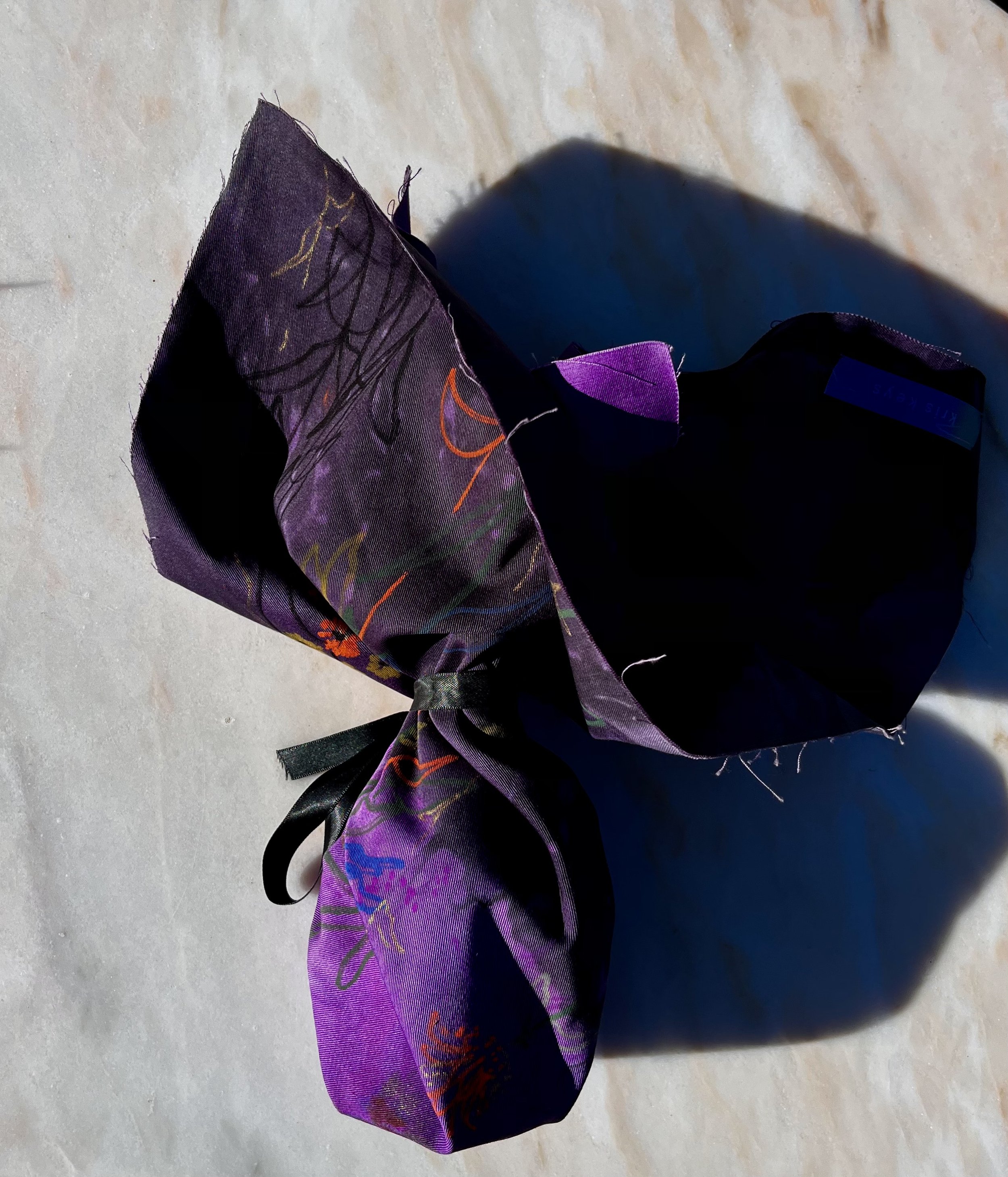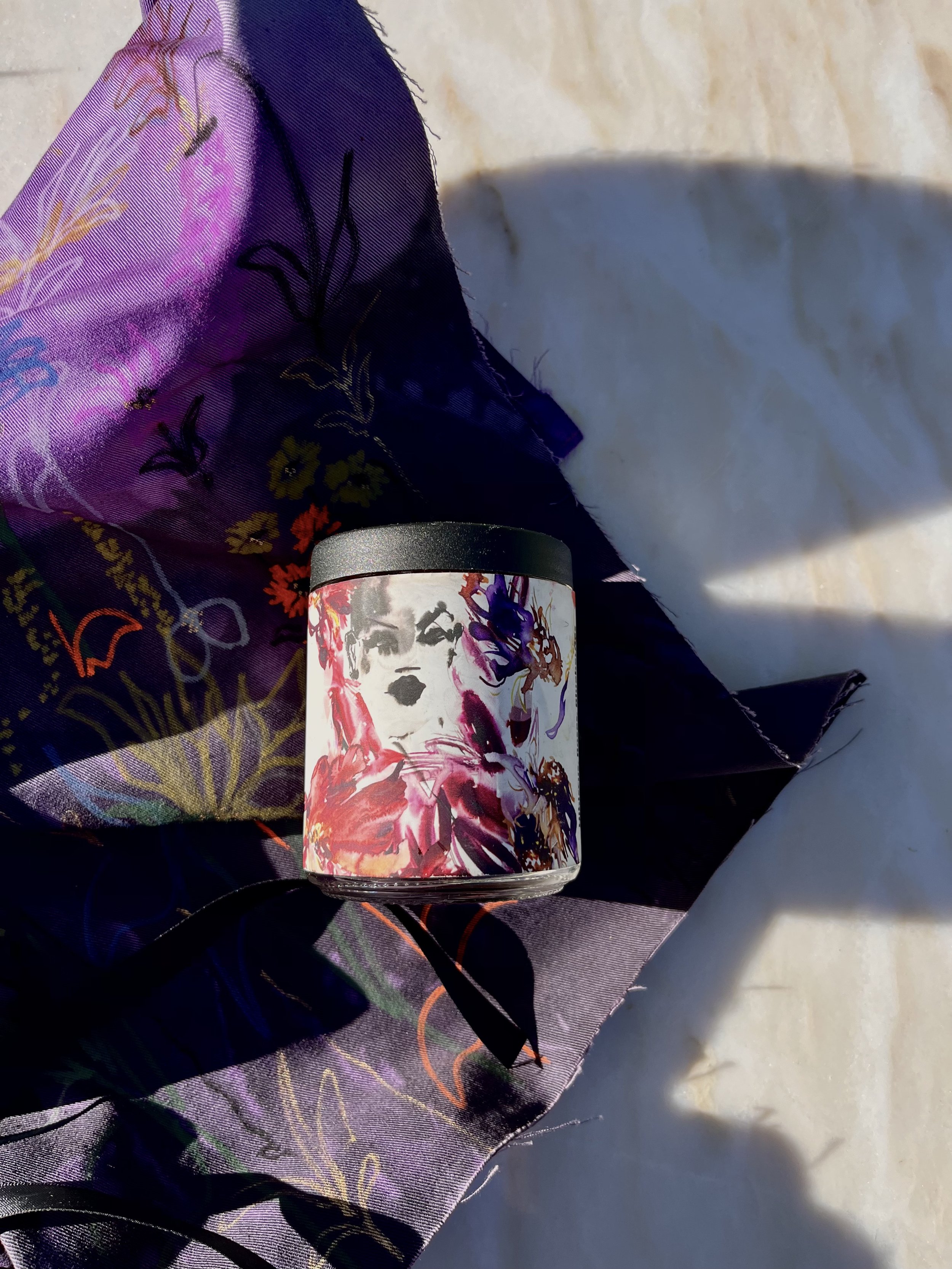The Head Scarf
As long as I can remember, headscarves were worn by the elders in my family. My great grandma and grandma would go to the beauty shop every two weeks to get their hair pressed and curled. To ensure that the curls stayed tight, they rolled their hair with the pink sponge rollers and would keep it in until they had an outing to let the curls loose. If they had to go out for errands like the grocery store, they would tie a scarf around the rollers making it a style. The cotton or silk scarves wrapped with a bow in the back of the neck was iconic especially on a Saturday morning. In Memphis, we had an iconic market called Easy Way, which was a small store full of fresh produce. When I began driving, I would take my great grandma to Easy Way on a Saturday morning to get items for her Sunday dinners. The store was full of older black women with their scarves in tact for a fresh curly hair do on Sunday morning.
My momma in her 20s rocking her head scarf and rollers
Head wraps have a long history within black culture. From African tribes, religion, to enslaved Americans; wraps or scarves have weaved its way through generations. I’ve always viewed it as protection for hair; protecting it from the sun, the rain, the heat, or simply used to keep hair rollers in place as we sleep. The patterns and textures of scarves is something that my elders have utilized not only as a means of protecting their hair but also as a symbol of pride and identity. As a designer, I collect vintage scarves to use as inspiration from its endless motifs, geometric shapes, and painted illustrations. Two years ago, I created a collection of hand painted scarves inspired by my grandmother. The scarves are dyed and painted with flowers found around my grandmother’s home. She was the first person to model the scarves, and now I’m releasing the scarves for Mother’s Day. The scarves now come with the purchase of my floral teas. The teas are wrapped in the fabric that can be used as a head wrap, a fashion accessory, or a face mask. It can also be framed as art. The tea and scarves are available until May 12, 2024.





